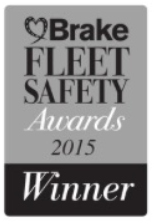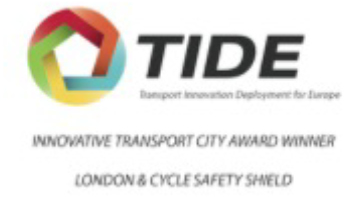Understanding DVS Compliance: A Complete Guide for Businesses
DVS (Direct Vision standard) compliance is an important requirement for businesses operating in certain sectors. It is designed to protect businesses and their customers, by ensuring that products and services are up-to-date with industry regulations, standards and protocols.
In the UK, the Department of Trade & Industry (DTI) sets the national standards for DVS (Direct Vision standard) compliance. All businesses must adhere to these standards in order to operate legally. This includes conducting regular checks and maintenance on products or services, as well as ensuring that they are properly labelled and advertised according to the latest industry regulations.
Businesses should also maintain records of their DVS (Direct vision standard) compliance activities, such as checking and replacing any faulty parts or components, and updating any software or hardware as required.
Businesses must also ensure that they have adequate staff who are proficient at carrying out DVS (Direct Vision Standard) compliance tasks.
In order to meet the highest standards of DVS compliance, businesses should seek guidance from the relevant government bodies such as the DTI, Environmental Agency and Trading Standards Office.
Businesses should also have a clear policy in place to ensure that all staff members are aware of the requirements for DVS compliance. This policy should include clear instructions on how to carry out DVS compliance tasks, as well as any penalties for failing to do so.
By understanding the requirements of DVS compliance and taking steps to ensure that these are met, businesses can operate legally and ensure their long-term success.
By following this guide, you will be well on your way to understanding DVS compliance and ensuring that your business meets the necessary standards for continued operation.
The key principles behind DVS compliance include:
Ensuring that products or services meet the latest legal requirements
Maintaining records of DVS compliance activities
Having adequate staff who can carry out DVS compliance tasks
Seeking advice from professional advisors on the latest regulations
Having a clear policy in place for all staff members to follow.
Understanding and adhering to these principles is essential for businesses looking to remain legally compliant and ensure their long-term success.
Audible Vehicle Manoeuvring warning systems
Audible vehicle manoeuvring warning systems are designed to alert pedestrians and warn road users about the presence of a reversing or moving vehicle.
They produce a loud noise to help ensure that all potential hazards are avoided and are fitted with a sensor system to detect any people or objects in its path making these potential hazards visible to the vehicle operators.
These alert systems help to protect vulnerable road users and help to prevent any serious injuries.
DVS Compliant Vehicle Cameras & Systems
DVS Compliant vehicle cameras and systems can help you improve your safety and performance by providing you with a comprehensive suite of video and audio recording services.
Using a sensor system and blind spot detection technology it can detect and prevent accidents, using visible and auditory proximity alert technology to help prevent crashes. Blind spot detection systems provide audible and visual driver alerts.
The DVS (Direct Vision Standard) star rating system
HGV measurements will take place through an AV rating from 0-5 stars (poor direct vision to excellent direct vision). You can legally work in Greater London in rated DVS 1/5 from 1 to 5.
Zero star rated vehicles will no longer be allowed to work in Greater London from 2024 with vehicles having a three-star rating minimum by October 2020.
It's important to have future plans in place as minimum stars will rise to three stars by 2024.
The minimum star rating is currently 1 star and is applicable to all heavy goods vehicles, buses, coaches and minibuses.
HGV Safety Permit
The HGV safety permit is essential for a business that operates lorries, buses, coaches in Greater London.
It's a way to demonstrate your commitment to the highest standards of road safety and environmental performance.
In order to gain the permit, you must meet minimum DVS star requirements – currently the minimum star rating is one star but rising to three stars by 2024 – as well as having a valid tachograph certificate or roadworthiness record.
You must also have a safe and healthy working environment for drivers and other staff, with adequate access to rest areas, toilets and other facilities.
How long will the permit last?
The HGV safety permit lasts for three years and must be renewed at the end of that period.
It's important to ensure that you are meeting all the requirements of your permit and keeping a record of any changes in regulation or standards.
Left hand drive vehicles
Left hand drive vehicles must comply with the relevant regulations applicable in the UK. This includes having an appropriate certificate of conformity, as well as a valid MOT certificate and roadworthiness record.
It's also important to ensure that all safety features such as brakes, steering and airbags are working correctly before using the vehicle on public roads.
Cab windows
Cab windows are designed to be opened and closed in order to provide ventilation or access to the cab interior.
Businesses must ensure that these windows meet the necessary safety standards, such as being shatterproof, preventing accidents and ensuring passenger safety.
Vehicle maintenance requirements
Regular vehicle maintenance is essential for businesses who want to remain compliant with DVS regulations. It helps to ensure that vehicles are safe and fit for purpose, as well as reducing the risk of breakdowns or accidents.
Road safety standards
Adhering to the latest road safety standards is essential for businesses who want to remain compliant with DVS regulations. It helps to ensure that vehicles are safe and fit for purpose, as well as reducing the risk of breakdowns or accidents on the roads.
Vehicle class vi mirror requirements
VI mirrors are an essential component of DVS compliance. They help to increase the visibility of drivers, allowing them to better observe their surroundings and avoid potential hazards.
Vehicle safety permit checks
Vehicle safety permit checks are carried out to ensure that vehicles meet the necessary standards and regulations. This includes checking that all parts of a vehicle are working correctly, as well as confirming that they are suitable for use on public roads.
Vehicle safety equipment includes items such as fire extinguishers, high visibility clothing and warning signs. It helps to ensure that vehicles are safe and fit for purpose.
Additional safety equipment may be required depending on the size, weight and type of vehicle being used.
Warn vulnerable road users
Businesses must ensure that drivers are aware of their responsibility to warn vulnerable road users, such as pedestrians and cyclists. This includes using appropriate lighting and signs to make them visible from a distance, as well as giving way when necessary.
Vehicle tracking systems
Vehicle tracking systems help businesses to remain compliant with DVS regulations by providing a record of vehicle activity and driver performance.
This data can then be used to evaluate and improve road safety, as well as monitor fuel consumption and identify potential problems.
A camera monitoring system will enable you to remotely monitor your vehicles and ensure that all drivers are adhering to safety protocols.
These systems are becoming increasingly popular amongst fleets, as they help to improve the safety of their drivers, reduce downtime during maintenance checks and provide a comprehensive view of their operations.
Penalty Charge Notice
Failure to meet the requirements for DVS compliance can result in a Penalty Charge Notice being issued.
These are usually issued by the local authorities and can result in the business having to pay a fine.
In some cases, failure to comply could also lead to further legal proceedings or even criminal charges.
In Greater London, drivers driving vehicles without valid permits can be charged up to £550 (reduced to £275 in 14 days) based on the amount paid.
It is vital that your vehicle meets DVS requirements so that you can avoid penalties and help improve the safety of motorists in busy cities.
To Conclude
By taking the time to understand DVS compliance businesses can ensure safe system improvements are being made and keep up to date with the DVS Star rating requirements.
It is important to keep up to date with all vehicle safety measures and by installing extensive vehicle safety systems, such as vehicle trackers and warning systems, businesses can ensure they remain compliant while contributing to a safer driving environment.
By following the regulations outlined by DVS, businesses can help reduce the risk of accidents, protect road users and meet their legal requirements for compliance. Additionally, having an up to date certificate of conformity and valid MOT certificate
By staying informed businesses can ensure they remain compliant with all relevant regulations, helping to keep their vehicles safe and efficient on the roads.

















